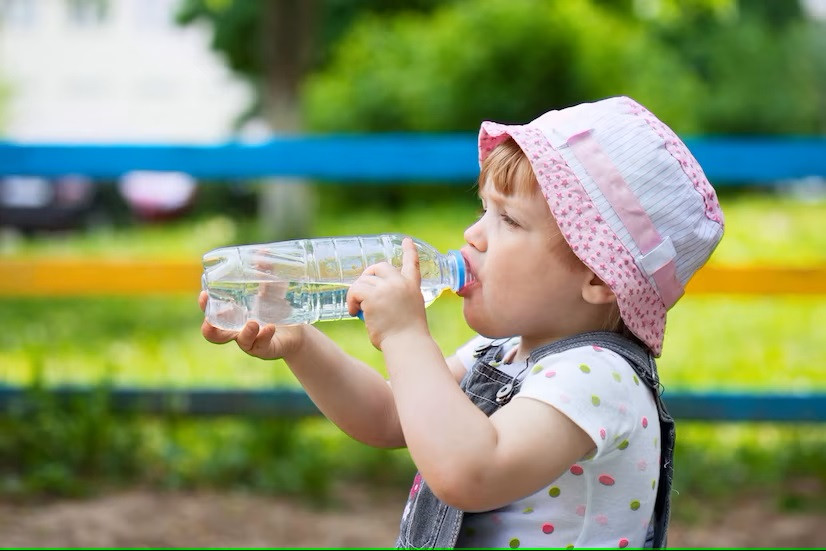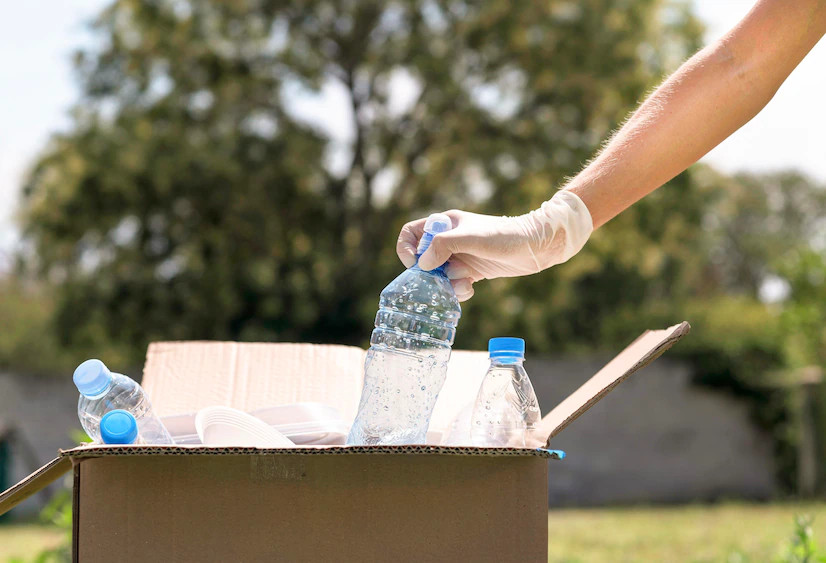Just as adults do, children require a sufficient intake of water to support their bodily functions effectively. As parents, it can be challenging at times to determine the right amount of water needed each day to keep a child properly hydrated.
Here are the benefits and guidelines for ensuring children receive enough water:
The benefits of drinking water for children
Adequate water intake offers a range of essential health benefits for children, including:
- Children are highly active and often lose fluids through sweat, urine, and feces. Drinking enough water helps maintain fluid balance in the body and prevents dehydration
- The brain requires sufficient oxygen and nutrients to function well. Drinking water helps improve blood circulation to the brain and prevents dehydration, which can cause symptoms like headaches, fatigue, and confusion
- Water helps soften stools and speed up the digestion process, preventing constipation and other digestive issues
- Drinking water helps maintain skin moisture, reduces the risk of dry skin, and keeps the skin fresh and healthy
- Water helps cleanse toxins and waste from the body, reduces the burden on the kidneys, and prevents urinary tract infections
Daily water requirements for children
After introducing solid foods, infants at 6 months old can begin drinking 59–88 ml of water per day until they turn 1 year old.
To maintain proper hydration, toddlers aged 1-2 years should consume at least 950 ml of water daily, including milk and plain water.
As children grow from 4 to 8 years old, their water intake needs increase to a minimum of 1200 ml per day. As they continue to age, their daily water needs rise to 1,600–1,800 ml.
Tips to encourage children to drink enough water
Healthy habits of drinking enough water won't develop on their own. As a parent, you need to set an example for your children by encouraging them to adopt a healthy lifestyle, including the habit of drinking sufficient water.
Here are some some tips to encourage children to drink enough water every day:
- Make water the primary beverage so that children understand that water is a must-have drink every day. Avoid high-calorie or sweetened beverages that can interfere with water intake.
- Ensure your child has easy and adequate access to water. Keep a water bottle nearby or in their school bag so they can drink anytime.
- Set a good example by drinking water yourself. Your child is more likely to follow the habits you demonstrate.
- Make drinking water enjoyable by adding slices of fresh fruit or lemon juice to give it a slightly different flavor.
- Limit other beverages like soda, fruit juices, or other sweetened drinks that contain a lot of sugar so that your child is not tempted to choose tastier drinks over water.
- Let your child choose a fun or cute water bottle so they'll be happy and eager to use it.
A child who is active can require more fluids than other kids. Always give them more water to drink, especially during physical activities.
If you need medical advice or consultation, you can either visit a doctor or make use of the consultation features that are available in the Ai Care application by downloading the Ai Care application from the App Store or Play Store.
Looking for more information about pregnancy, breastfeeding, and the health of women and children? Click here!
- dr. Monica Salim
Janine Rethy, MD, MPH, FAAP (2020). Choose Water for Healthy Hydration. Available from: https://www.healthychildren.org/English/healthy-living/nutrition/Pages/Choose-Water-for-Healthy-Hydration.aspx
CHOC. How Much Water Should Kids Drink?. Available from: https://www.choc.org/programs-services/urology/how-much-water-should-my-child-drink/
WebMD (2021). Tips for Helping Your Kids Drink More Water. Available from: https://www.webmd.com/children/tips-for-helping-your-kids-drink-more-water
Pregnancy, Birth, and Baby (2022). When can babies drink water?. Available from: https://www.pregnancybirthbaby.org.au/when-can-babies-drink-water











